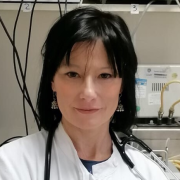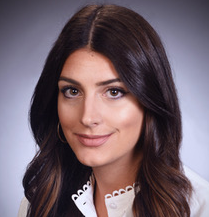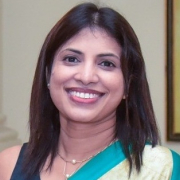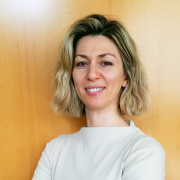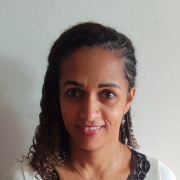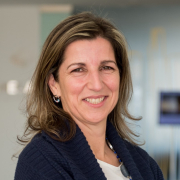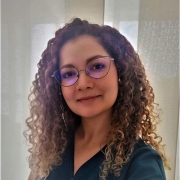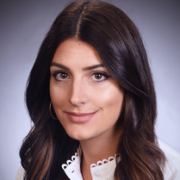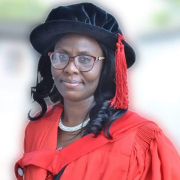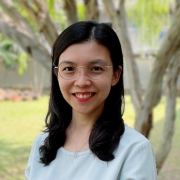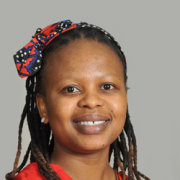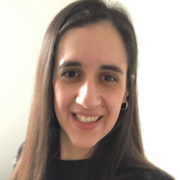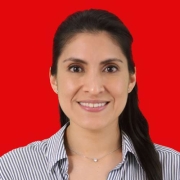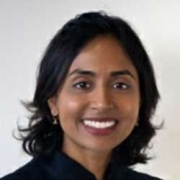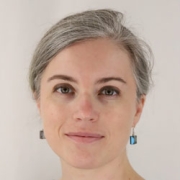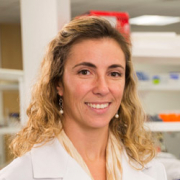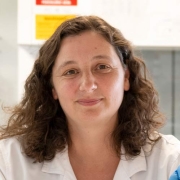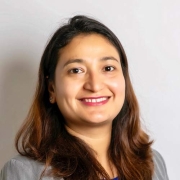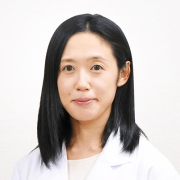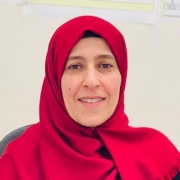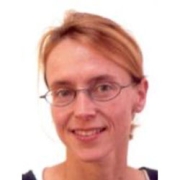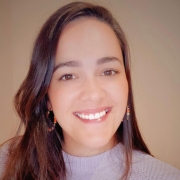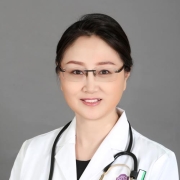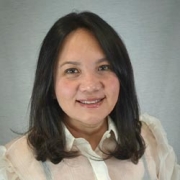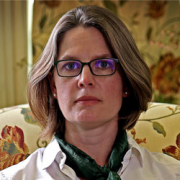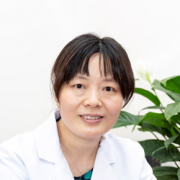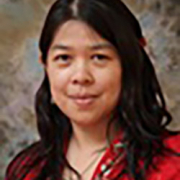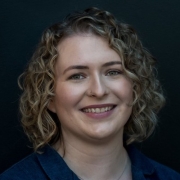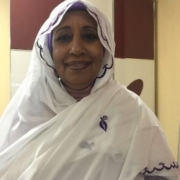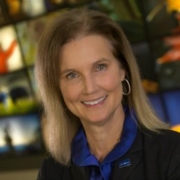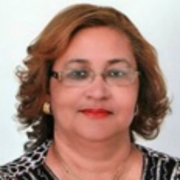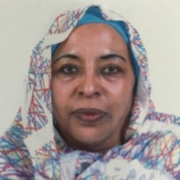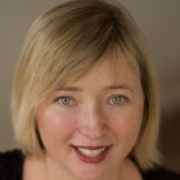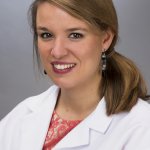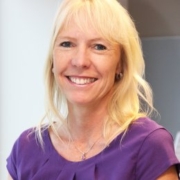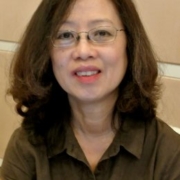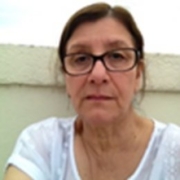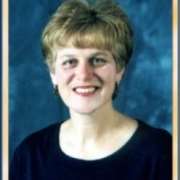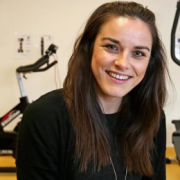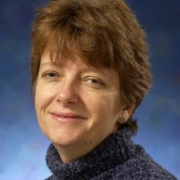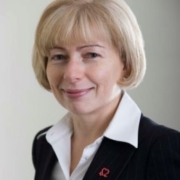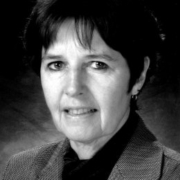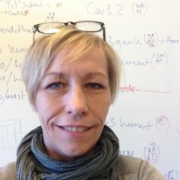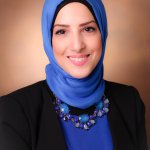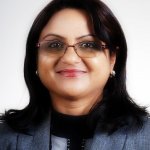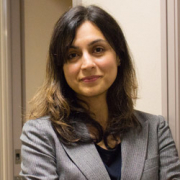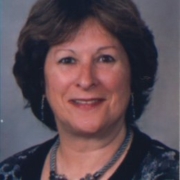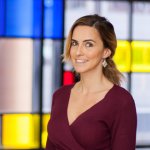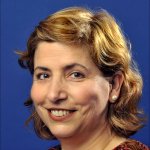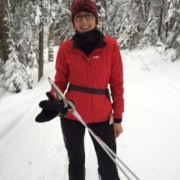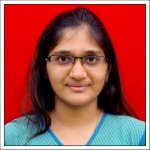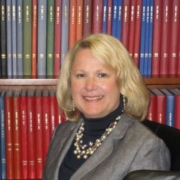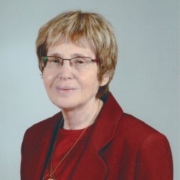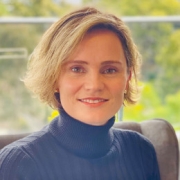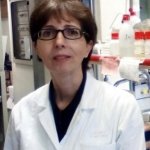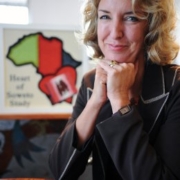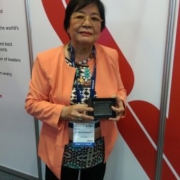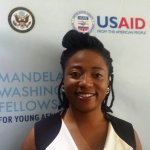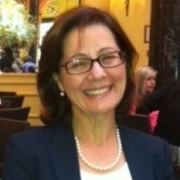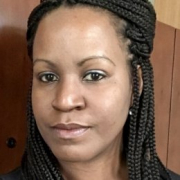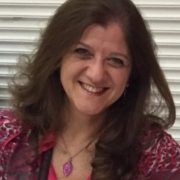What is your role at your work?
I run the Hypertension and Cardiac Risk Reduction at a cardiology clinic, diagnosing and treating hypertension and dyslipidemia.
How did you get interested in your career path?
Initially, I was drawn to interacting with and helping kids learn tennis. When I discovered my love of biology and physiology I entered medical school with a plan to be a pediatrician. I later decided on internal medicine because it included more application of the physiology and disease state knowledge that fascinated me.
After working as a hospitalist for some time, and learning how undertreated hypertension was, I was drawn to focusing on it to increase awareness and help primary care providers reduce cardiovascular morbidity and preventable disability related to hypertension.
What are you most proud of in your career or otherwise?
I am most proud of my resilience and determination to keep searching and striving for the right opportunity until I found an area of medicine that I am truly passionate about. I am proud that I had the courage to not settle in comfortable jobs along the way that I was not as passionate about even if it meant taking a couple steps back before taking a few more forward.
What important career challenges have you faced and how did you overcome them?
My dedication to a career in medicine led me all over the world, which meant re-establishing a base from Toronto to Montreal to Newcastle then Grenada followed by residency in Ohio and working in Connecticut until I decided to come back home to Canada some 12 years later. The path was both challenging, lonely and uncertain, and when I decided to finally come home, I (already a board-certified internal medicine physician) was required to undergo an additional period of supervision to be granted a certificate of registration with the licensing body. Overall, I think my path made me all the more resilient and working with so many people in different places has made me a better and more well-rounded physician.
What advice would you give your younger self?
Medicine is full of daunting statistics. I remember my first day of university, in an auditorium of 500+ new students entering the Bachelor of Science program, we were told that only a couple of us would succeed and become doctors. I think I would tell my younger self to worry a little less and that if you work hard and stay focused, you will find a way to get to where you want to be. I would also tell myself that often the obstacles or diversions on our path are blessings in disguise and while they seem like a plan B, they end up opening new doors and better opportunities that we are so grateful for later.
Have you had any significant career mentors? If yes, please provide further details.
I was lucky enough to work with Dr. Mahmood Darr who emphasized the importance of a comprehensive knowledge of underlying physiology and how that translated into the most robust and efficient approach to patient care. Additionally, while most of my colleagues were weary of 7-8 hour long hospital rounds with another one of our attendings, I carry his attention to detail with me in my approach to every patient encounter.
How can we support the next generation of women scientists?
I think it is important we lead by example, by never settling and always striving to reach our goals even if, and especially if, it is something that has not been done before or seems daunting to encourage others to do the same.
